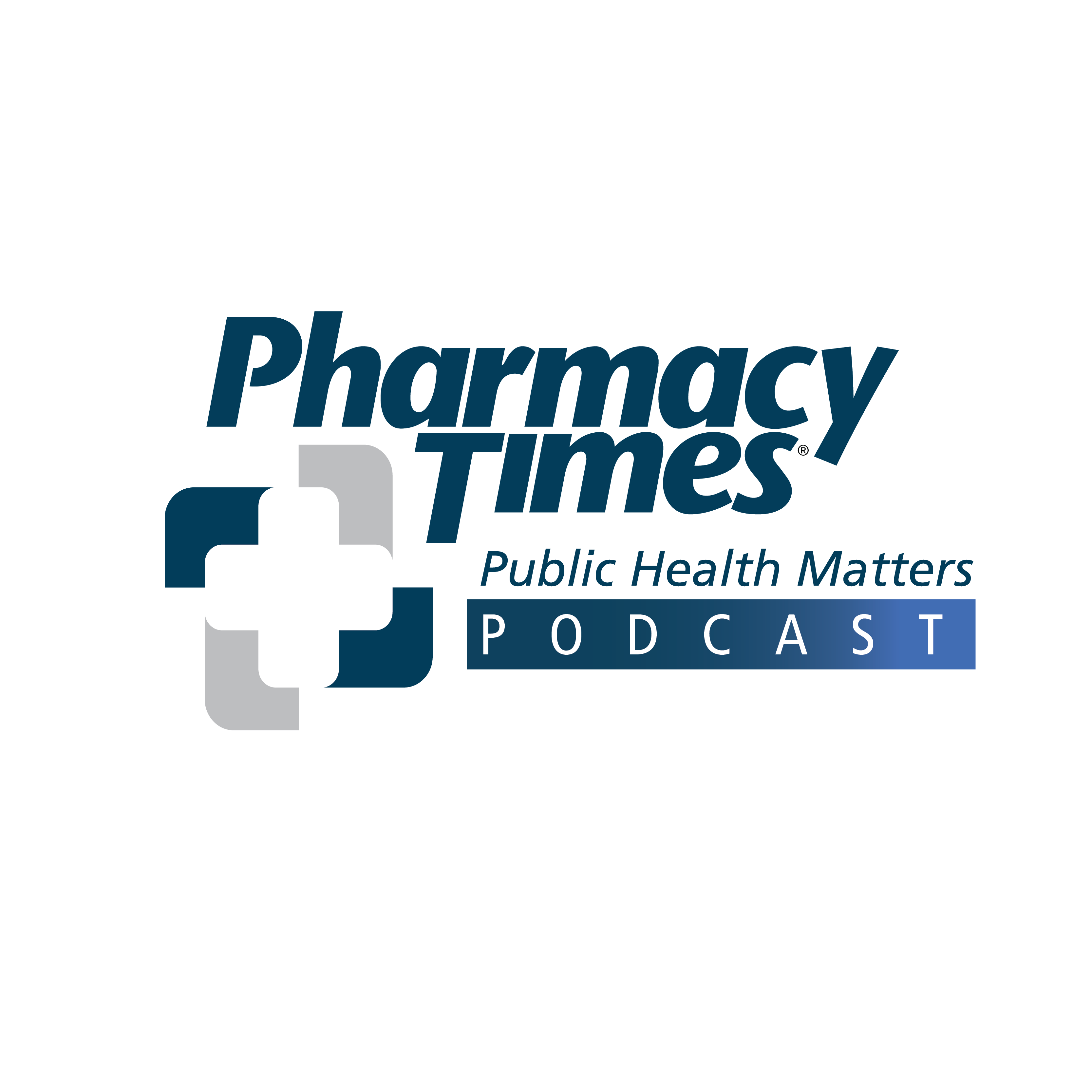Article
Inhaled Corticosteroids Linked to High Rates of Nontuberculous Mycobacteria Pulmonary Disease
Author(s):
There was a 210% increase in NTM occurrence in patients with COPD taking ICS.
A recent study finds that patients with obstructive lung disease who take inhaled corticosteroids (ICS) may have an increased risk of developing nontuberculous mycobacteria pulmonary disease (NTM PD).
NTM are disbursed widely in the environment and are harmless in most cases, but some people can develop serious lung infections. Included in the study, presented at the American Thoracic Society 2016 International Conference, were the medical records of 417,494 older adults treated for COPD, asthma, or both, between 2001 and 2013.
Researchers identified 2964 cases of NTM PD and included 5 ICSs.
"We know that COPD and asthma are risk factors for NTM PD,” said lead researcher Sarah Brode, MD. “We also know that inhaled steroids can increase the risk of pneumonia in COPD patients.”
Researchers found that among ICS users, there was a statistically significant increase in NTM in 84% of patients with obstructive lung disease patients.
There was a 210% increase in NTM among patients with COPD and 55% in patients who had asthma and COPD.
Researchers did not find a statistically significant link between ICS and asthma, and they did not find a link between ICS use and NTM in obstructive lung disease, according to the study.
The most widely prescribed ICS, fluticasone, has a statistically significant link to NTM PD, but researchers did not find a link between the second most common drug, budesonide, and NTM PD.
"Often people using fluticasone are using the highest dose, and the highest dose of fluticasone is a lot more potent than the highest dose of budesonide," Dr Brode said. "Although one cannot be certain, I don't think it's something innate in the molecules themselves."
Researchers found that patients receiving a high dose were 2 to 3 times more likely to develop NTM PD, and patients receiving a low dose were only slightly more likely to develop NTM compared with patients not taking an ICS.
Investigators believe their findings suggest physicians should minimize the dose to patients with COPD and asthma.
"Patients with mild to moderate COPD with infrequent flare-ups may not need an ICS at all," Dr Brode concluded. "On the other hand, the benefits of ICS outweigh the risks for asthma patients, except for those with the mildest symptoms."
Newsletter
Stay informed on drug updates, treatment guidelines, and pharmacy practice trends—subscribe to Pharmacy Times for weekly clinical insights.

Clesrovimab Receives FDA Approval for RSV Lower Respiratory Tract Prevention in Infants





